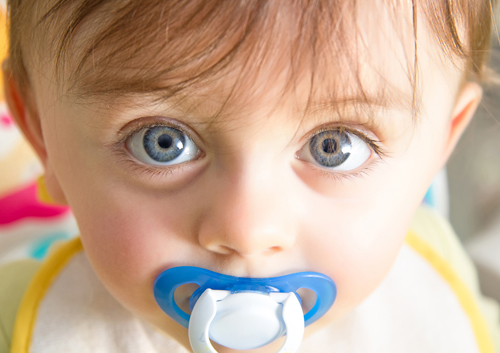Why should I have my child’s wisdom teeth removed?
January 20th, 2022

The wisdom teeth are the last of the permanent molars to emerge from the gums. This can occur as early as age 17 or as late as 21. Though some teens and young adults experience a completely normal tooth eruption with ideally aligned molars that pose no health threat, this is not the case for everyone.
According to the American Association of Oral and Maxillofacial Surgeons (AAOMS), wisdom teeth must meet specific criteria to avoid a required extraction. These guidelines include:
- Completely erupted and non-impacted
- Completely functional
- Painless
- Free of decay
- Disease-free
- Capable of being properly cleaned
If one or more of your child’s wisdom teeth do not meet these conditions, we recommend scheduling an appointment with Drs. Joanne Oppenheim, Marilia Montero, and Mary J. Hayes; an extraction may be necessary.
Impacted wisdom teeth
One of the most common reasons for extracting a wisdom tooth is due to impaction. An impacted wisdom tooth is one that has not erupted and will not fully erupt from the gums. Usually this occurs because there is not enough room for the tooth to emerge. Impaction can be painful and can also lead to infection if left untreated. According to the AAOMS, roughly 90 percent of the teen and adult population has at least one impacted tooth. Extracting an impacted wisdom tooth early can help prevent future complications, such as periodontal disease, infections, and damage to neighboring teeth.
Extracting fully erupted wisdom teeth
Even if your child’s wisdom teeth are fully erupted, Drs. Joanne Oppenheim, Marilia Montero, and Mary J. Hayes and our team at Pediatric Dental Health Associates, Ltd may recommend removing them as a preventive measure. Fully-erupted third molars often interfere with a healthy bite. This can lead to problems with tooth and jaw alignment and may also contribute to the development of headaches. Your child’s wisdom teeth may also be more prone to tooth decay and gum disease, because their location in the back of the mouth makes them more difficult to reach for brushing and flossing.
To learn more about wisdom teeth, or to schedule an appointment with Drs. Joanne Oppenheim, Marilia Montero, and Mary J. Hayes, please give us a call at our convenient Chicago office!





